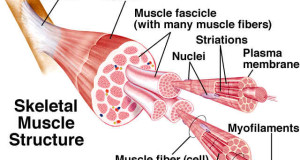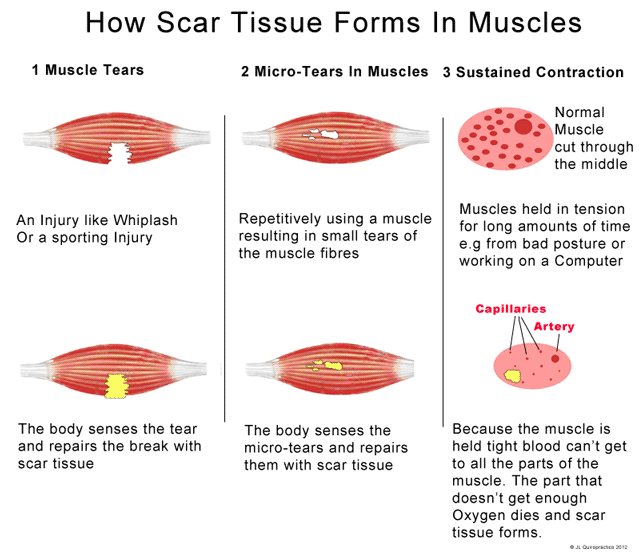
Whether you are new to working out or a seasoned gym goer, you may have heard of the popular dietary supplements whey protein and creatine. Although both are usually associated with the body-building industry, if your fitness goals include increasing lean muscle mass, losing excess body fat or simply achieving more from your workout, taking these protein based supplements could be beneficial to you.
How Do Whey Protein & Creatine Differ?
To understand the differences between whey protein and creatine, let’s take a closer look at what they are and how they can be used to boost performance and results in the gym.
Whey protein is extracted from cow’s milk and is normally used as a post-workout recovery supplement, since it is quickly digested and highly effective at renewing and repairing muscle cells. A side benefit of whey supplements is that they can help provide a feeling of satiety, ideal for anyone on a weight-loss diet. Some studies also link whey protein with reduced risk of heart disease.
Creatine on the other hand, is an amino acid found in meat and fish, which is also produced in small amounts by the human body, and stored in the muscles as an energy source. Although most people get an adequate amount of creatine from their diet, additional supplementation can provide strong benefits for people who are looking to bulk up. Taken before or after working out, creatine boosts physical performance in the gym, allowing you to train harder and get bigger and stronger as a result. Creatine is sometimes taken in phases – first using the supplement during a period of training, followed by a phase of taking a reduced dosage or discontinuing use.
Both of these supplements can help to build muscle and increase stamina, however studies show that creatine does not offer any advantages during aerobic activity workouts such as jogging or swimming, instead demonstrating benefits during weight training and similar activities which require short bursts of strength.
Which Supplement Suits Your Needs?
When deciding which type of supplement to use, it is important to consider what your goals are. If you have a beach holiday planned for the summer and want to increase the size of your muscles by lifting weights, both supplements can provide benefit-creatine will help you train harder and whey protein will help you recover better.
On the other hand, if you are following a long-term weight loss plan that involves dieting and aerobic exercise, whey protein is ideal, while creatine will probably provide little benefit. Supplementing some of your dietary intake with whey protein could be beneficial to reduce any hunger pangs, meaning you can reduce the craving for excess carbohydrates.
Another point to consider is the type of physical activity you plan to engage in. For example, if you train in endurance sports like long distance running and swimming, whey protein offers a sustained source of energy that can help with training and recovery. On the other hand, people who engage in sports that involve short bursts of power, like sprinting and weight lifting, can improve their physical performance with creatine.

Source by JJ Mayhew
 Vitamin Agent The Health & Naturalistic Source
Vitamin Agent The Health & Naturalistic Source





